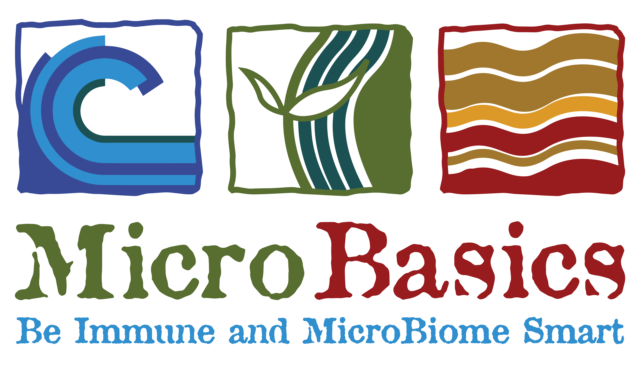When talking about personal growth, we often focus on our career growth. When we’re asked, “Where do you want to be in five or 10 years?” we often answer as if the question was, “What do you want to be doing in five years?” There may not be anything wrong in answering our question that way, but more often than not we discuss our career or business goals and objectives and how that translates to where we’re at today.
With careers often being a large focus of our growth and productivity as humans, we forget to focus on and grow who that human is as well. If we took guidance on how to grow as a person as much as we try to take guidance on how to become a successful producer, manager, leader or whatever our title may be, we may just be able to kill two birds with one stone.
If you’ve ever been a part of any leadership course or workshop, you’ve likely taken a personality test with insight on your strengths and weaknesses or personality traits. Being aware of what makes us who we are is the first step in growing and developing ourselves into answering, “Who do you want to be in five or 10 years?”
The mentality you have about yourself and life explains whether you’re going through life, or growing through life. When we excuse our actions with the idea that our weaknesses and attitudes won’t change, we choose to ignore growth potential.
Understanding who we are without taking action to change is the same as making a grocery list, never taking action to go shopping and then wondering why there isn’t food in the house. We must actively push ourselves to grow and change into who we want to become and to get where we want to be. When we can start this within ourselves, it’s easier to visualize how our lives will outwardly make an impact.
So how do we start to apply these areas of growth? We start by setting intentions.
Wikipedia defines intention as “a mental state that represents a commitment to carrying out an action or actions in the future.” While this sounds similar to a goal, goals are focused on the future, while intentions are focused on the present. When taking time to reflect on our day or week, we often highlight negative actions more quickly than positive ones. Our afterthoughts end up as should haves and could haves and are then dismissed.
In that time of reflection, search for common patterns and recognize what situations triggered poor responses, actions or attitudes. Also, think about what situations you handled well, and what kind of positive responses resulted from that. By looking at both the positives and negatives in our actions, we can see not only where our growth needs to occur, but where we have grown from.
What intention can you set today that will bring you one day closer to the person you want to become?







